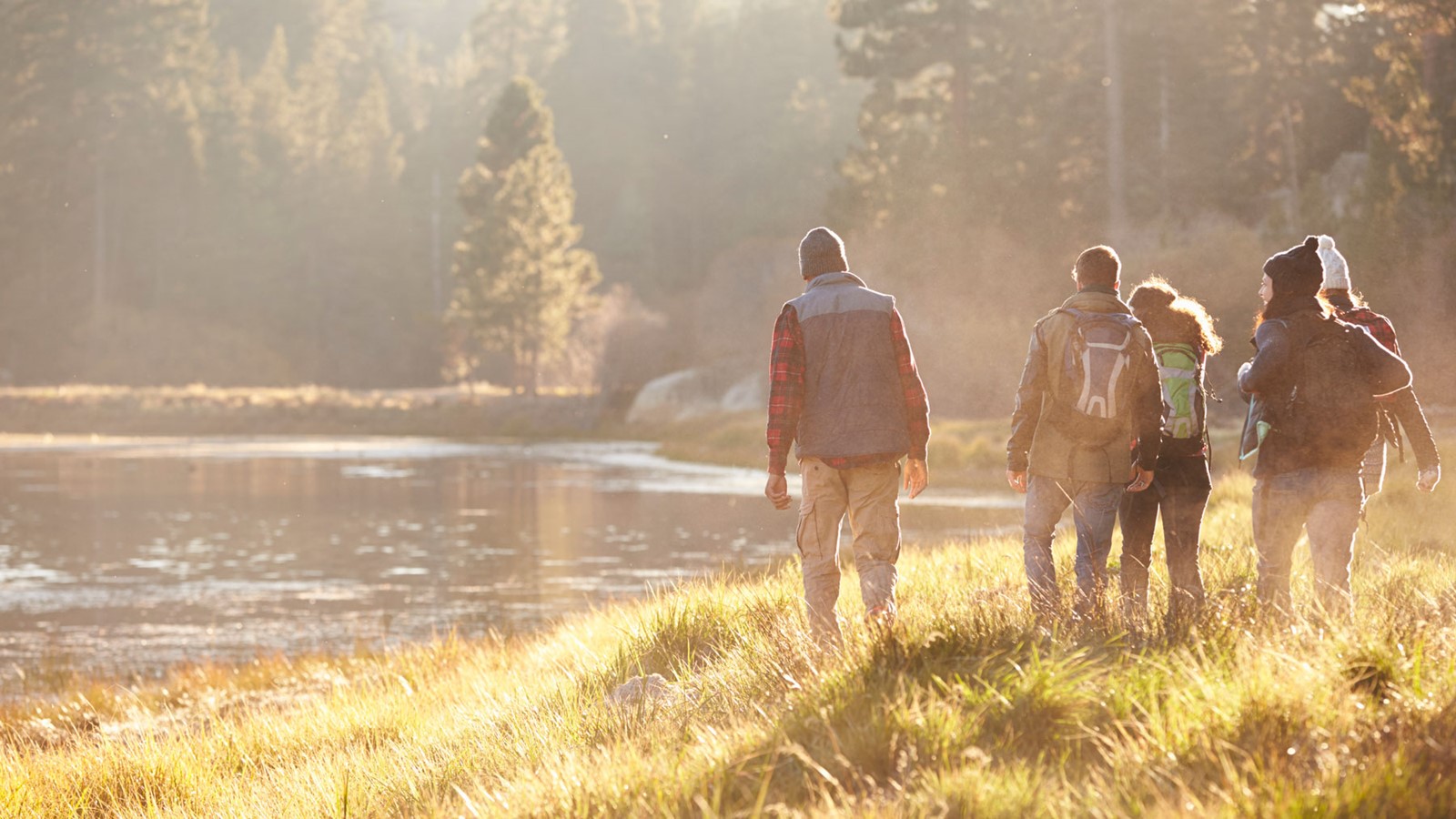Working with survivors of sexual abuse and sexual violence seemed a natural step for me as a rape survivor myself perhaps embodying Husserl’s ‘wounded healer’. It can be slow work, there is no one size fits all, and it is an absolute privilege to work with these amazing people.
I'm in awe of any client who walks through my door. I am, however, intrigued by their desire to be fixed. Often, they'll state how their feelings shouldn’t be like this or they should feel better now. Much of the work we do together is learning however they feel or react or even cope with what they've been through is allowed. There's no right or wrong way to manage trauma, nor is there a time limit on the after effects.
The therapeutic relationship can often be impacted with outside forces which survivors can take as being how they should behave. Such forces can include the media’s view of sexual abuse and sexual violence, culture, faith, gender, sexuality, socio-economic class and so on. I must be mindful of what is happening in the client’s world and how that might differ from mine to ensure I don’t inadvertently create an unequal power dynamic which could be extremely damaging to the client.
Trust is an integral part of this work, and I must work hard to earn the client’s trust and not just expect it because I’m a counsellor. Part of this is being aware that this survivor group will find many ingenious ways to manage the pain of such trauma – it's not my right to judge how they do that but to acknowledge they're managing and to provide space for them to explore each coping strategy and what it provides for them.
The client is the expert in this working relationship; thus, I'll ensure they have control over what they share or don’t share. As time goes on, I discover if they have any interests or things, they like talking about so we can speak about these subjects when focusing on the trauma becomes overwhelming. I've had to become au fait with many different subjects so I can be with the client in their avoidance of the difficult place they're heading to. It isn’t about reaching the point where the client tells all, for me it’s about sitting with another human when they're rendered speechless by their feelings or their horror at what happened. By being there, demonstrating I'm not frightened by what they experienced or how they react shows they're not broken nor do they need fixing, they just need to be seen and if they want it - heard.
There are so many myths surrounding these areas that by working with this client base I believe together we're breaking some of them down. By empowering a client within the therapeutic relationship this could provide them with the possibility of going out into the wider world and being themselves not what happened to them.
As this is Sexual Abuse and Sexual Violence Awareness Week, perhaps take some time to reflect how you feel about this subject and how you work with such clients. And maybe don’t limit it to just a week?
Views expressed in this article are the views of the writer and not necessarily the views of BACP. Publication does not imply endorsement of the writer’s views. Reasonable care has been taken to avoid errors but no liability will be accepted for any errors that may occur.

